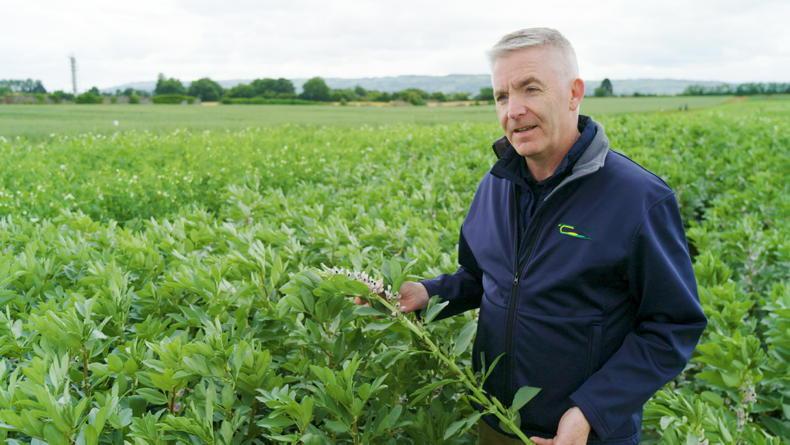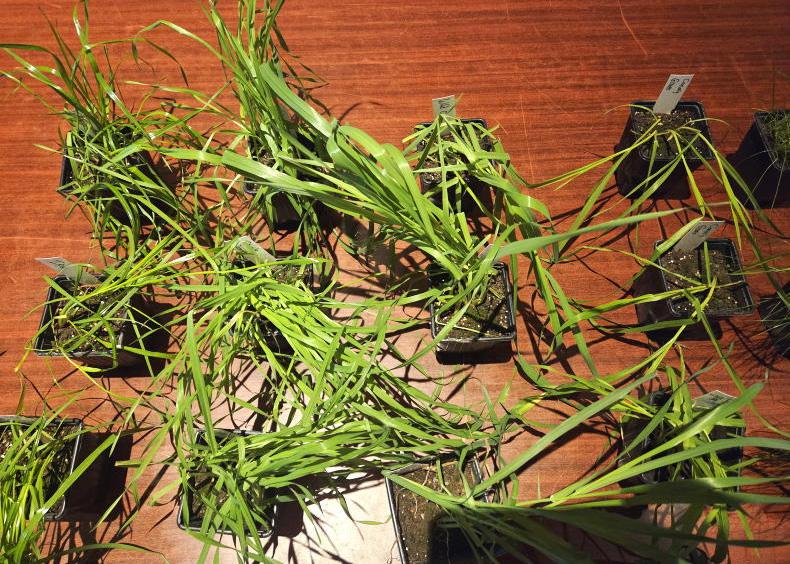The European Commission published a raft of agri-food proposals it considers key to meeting environmental targets set out in the EU Green Deal on Wednesday.
Among the policy changes proposed was a loosening of gene-editing rules, a new soil health law and mandatory food waste reduction targets.
Also released on Wednesday was an impact assessment for the sustainable use of pesticides regulation (SUR), put on the table last year with a view to halving the use of pesticides across the EU by 2030.
The Commission claims that its analysis of the pesticide reduction will not “threaten food security”, but warned that not cutting pesticides could impact food security. To help the EU meet this 50% reduction target, a relaxation of gene-editing rules has been proposed.
This will allow seed companies to use new genomic techniques – separate to those used to produce genetically modified organisms (GMOs) – to increase efficiency and make plants more resilient to pests, diseases and drought.
The move may also make varieties available to tillage farmers which require less fertilisers to maintain yields.
New genomic techniques would allow for faster rates of breeding gains than could be achieved through conventional breeding programmes, taking new varieties to market quicker. It has been proposed that for varieties developed that could have come about through traditional breeding, no additional labelling will be needed and they will be treated as conventional. These new varieties will not be available for use on organic farms.
The proposal for an EU-wide soil law states that up to 70% of soils are not in healthy condition and that soil fertility is at risk as a result.
Soils currently have fewer protections in place against poor practices compared to air or water, and the proposal seeks to increase these protections. The planned law will not impose “any direct obligations on landowners and land managers, including farmers”, the Commission maintains.
However, if passed, Ireland will have four years to define what constitutes good soil management and poor management practices and these lists will inform the development of future CAP schemes.
A list of ‘unhealthy soil’ criteria includes soil compaction, the loss of organic matter and excessive phosphates.
Healthier soils with better data could present farmers with “new income opportunities” by feeding into carbon farming, according to the Commission.









SHARING OPTIONS